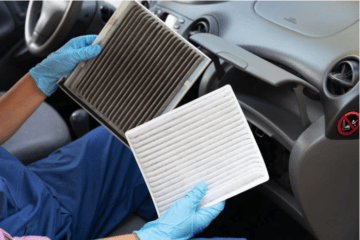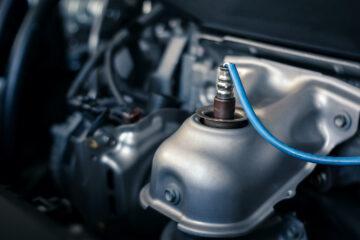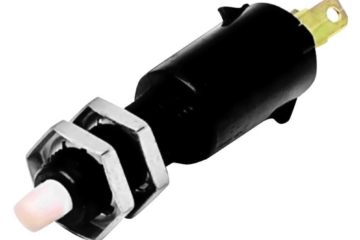Throughout my career I have had the opportunity to work on a wide variety of vehicles over the years. One model that I’ve come across quite frequently is the Nissan Altima. The Altima is a popular mid-size sedan that has been on the market for over two decades. During this time, it has earned a reputation for being a reliable and affordable vehicle. In this article, I will share my insights into the reliability ratings of the Nissan Altima, as well as some common issues and fixes.
Reliability Ratings
When it comes to reliability ratings, the Nissan Altima fares quite well. According to Consumer Reports, the Altima has an overall reliability rating of four out of five. This is based on surveys of thousands of vehicle owners, who reported on their experiences with the Altima over a three-year period. In addition to the overall rating, Consumer Reports also breaks down the reliability of various components of the vehicle. Here are some of the key areas:
- Engine: The Altima’s engine reliability is rated as “better than average.”
- Transmission: The Altima’s transmission reliability is rated as “average.”
- Fuel System: The Altima’s fuel system reliability is rated as “average.”
- Electrical System: The Altima’s electrical system reliability is rated as “better than average.”
- Climate System: The Altima’s climate system reliability is rated as “better than average.”
Overall, these ratings suggest that the Nissan Altima is a reliable vehicle, with some areas of strength and some areas of weakness.
Common Issues and Fixes
While the Altima is generally reliable, there are some common issues that owners should be aware of. Here are a few:
- CVT Transmission Issues
One of the most common issues with the Altima is related to its continuously variable transmission (CVT). Some owners have reported problems with the CVT, including issues with shifting, hesitation, and even complete failure. To address this issue, Nissan has extended the warranty on certain Altima models with CVTs. Additionally, there are some aftermarket solutions available, such as installing an aftermarket CVT cooler or upgrading the transmission software.
- Brake Issues
Some Altima owners have reported issues with their brakes, including premature wear and noise. To address these issues, it may be necessary to replace the brake pads and/or rotors. It’s also important to keep up with regular brake maintenance, such as flushing the brake fluid and checking the brake lines for leaks.
- Steering Issues
Some Altima owners have reported problems with their steering, including stiffness or difficulty turning the wheel. This may be due to a problem with the power steering system. To address this issue, it may be necessary to replace the power steering pump or flush the power steering fluid.
- Electrical Issues
Some Altima owners have reported issues with the electrical system, including problems with the battery, alternator, and starter. To address these issues, it may be necessary to replace the faulty component or perform other electrical repairs, such as cleaning corroded connections.
- Oil Consumption
Some Altima owners have reported issues with excessive oil consumption. This may be due to a problem with the engine, such as worn piston rings or a faulty PCV valve. To address this issue, it may be necessary to perform engine repairs or replace the faulty component.
Conclusion
Overall, the Nissan Altima is a reliable vehicle that offers a lot of value for the price. While there are some common issues that owners should be aware of, most of these issues can be addressed through routine maintenance and repairs. As an auto mechanic, I recommend that Altima owners keep up with their vehicle’s maintenance schedule and address any issues promptly to ensure that their car remains reliable and safe.



